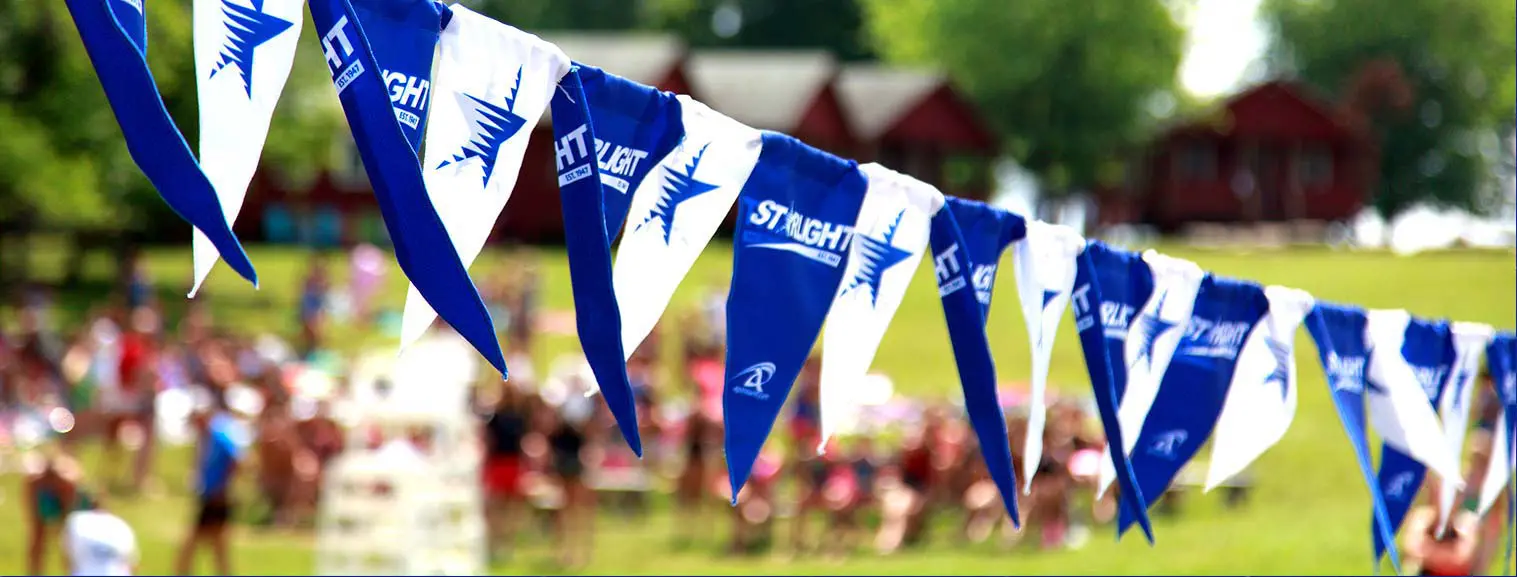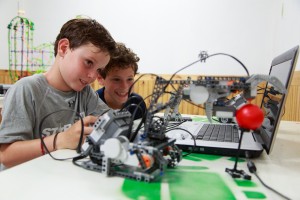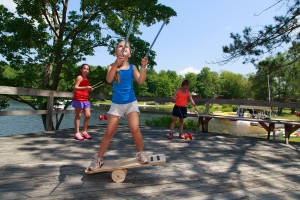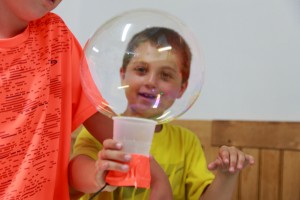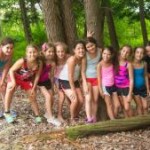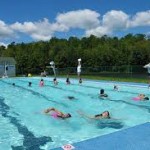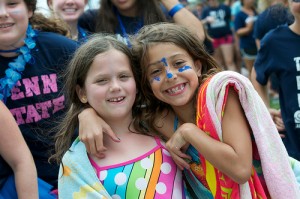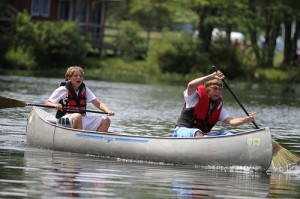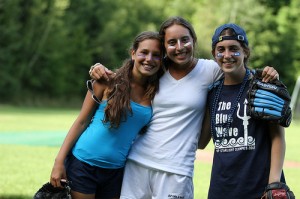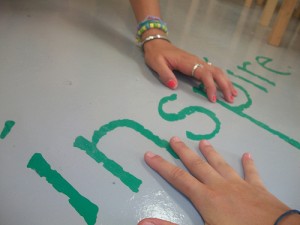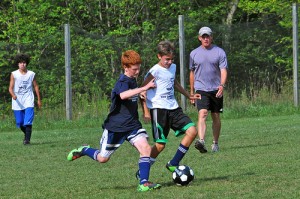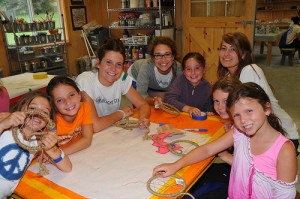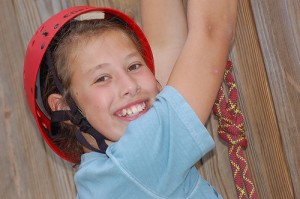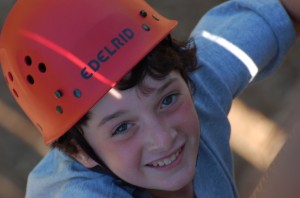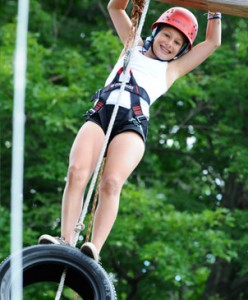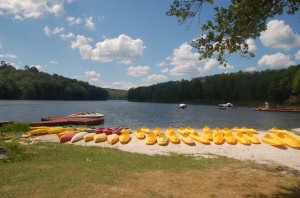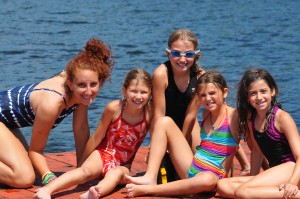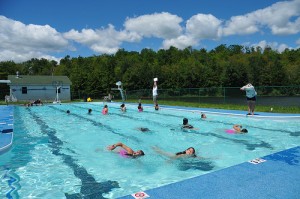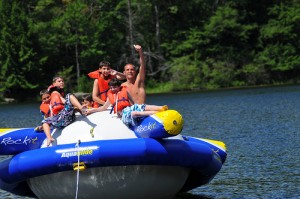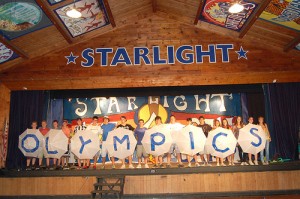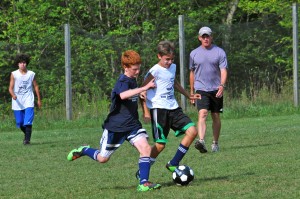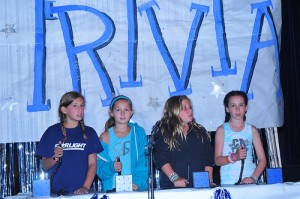 Family is very important at Camp Starlight. In fact, it’s one of our five tenets (along with fun, adventure, spirit, and tradition). Siblings are an important part of the family unit. For all of the arguing that takes place over silly things, like who is going to hold the remote control or sit in the front seat of the car, siblings are there for each other when all is said and done. Unlike parents, who are authoritative figures, siblings offer an objective ear or a shoulder to lean on from someone who is close in age and socially parallel. This is why Camp Starlight goes to great length to emphasize the importance of siblings.
Family is very important at Camp Starlight. In fact, it’s one of our five tenets (along with fun, adventure, spirit, and tradition). Siblings are an important part of the family unit. For all of the arguing that takes place over silly things, like who is going to hold the remote control or sit in the front seat of the car, siblings are there for each other when all is said and done. Unlike parents, who are authoritative figures, siblings offer an objective ear or a shoulder to lean on from someone who is close in age and socially parallel. This is why Camp Starlight goes to great length to emphasize the importance of siblings.
Of course, there are the dozens of true siblings that come to Camp Starlight each summer. Parents are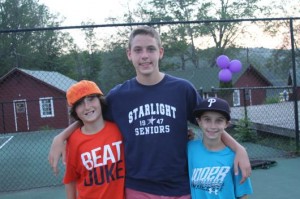 always somewhat surprised—not to mention hesitant to believe—that siblings actually grow closer during camp. Many of the siblings here at Camp Starlight arrange to meet up with each other throughout the summer to catch up and see how each other is doing. Perhaps there is just something about a summer mountain breeze and amazing surroundings that facilitates bonding moments. Beyond the sibling meet-ups, older siblings look out for younger siblings throughout the summer. They make sure they’re enjoying their summer and making new friends. Younger siblings swell with pride when acknowledged by their big brothers and sisters.
always somewhat surprised—not to mention hesitant to believe—that siblings actually grow closer during camp. Many of the siblings here at Camp Starlight arrange to meet up with each other throughout the summer to catch up and see how each other is doing. Perhaps there is just something about a summer mountain breeze and amazing surroundings that facilitates bonding moments. Beyond the sibling meet-ups, older siblings look out for younger siblings throughout the summer. They make sure they’re enjoying their summer and making new friends. Younger siblings swell with pride when acknowledged by their big brothers and sisters.
Camp Starlight also has camp siblings. These are pairings of campers that act as “siblings” throughout the summer in much the same way that true siblings do—by being there to celebrate and encourage each other throughout the summer. There are many special camp sibling events held throughout the summer at which “siblings” can spend time together, get to know each other better, and talk about the one thing that binds them all—camp.



